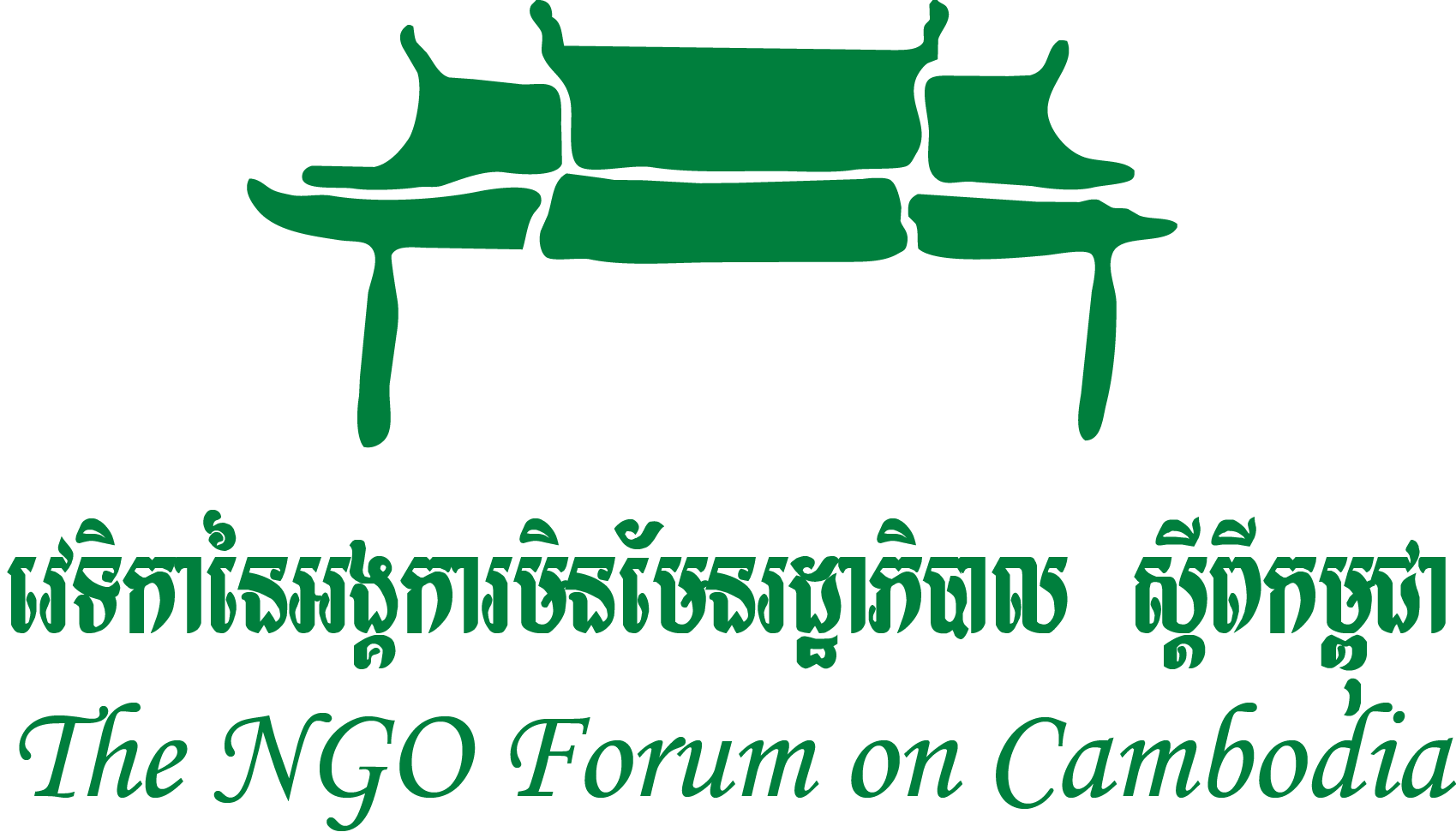[:en]Knowledge Exchange Forum on the Implementation of SDGs[:]
- ngofmail
- Oct 4, 2017
- 3 min read
<:en>

In 2017, Exchange knowledge on the implementation of SDGs conducted in Makati Diamond Residences, Manila, Philliphine brought together over 200 participants for over countries in the region. The regional knowledge exchange is generously co-hosted by Government of Philippine, through National Economic and Development Authorities, and brought together senior government official and civil society organization from Asia and the Pacific who were involved in planning, financing, monitoring and implementing the 2030 Agenda, together with technical experts, civil society and development partners.Theme of the 2017 regional Exchange was on the ensuring policy coherence across sectors and between national and sub-national government to accelerate progress toward sustainable development in 2030. It also looked at how countries are promoting coherence in terms of their financing of SDGs across both public and private sectors, as well as international domestic sources of financing.
The objective of this event intends to provide a platform for countries to share their experience and emerging good practice.

Opening Remarks 3 preventatives were opened welcome remarks: Ola Almgren, UN Resident Coordinator, Philliphines, Undersecretary Rosemarie G.Edillon National Economic and Development Authorities, Philliphine, Haoliang Xu, UN Assistant Secretary-General UNDP assistant Administrator, Director of regional Bureau for Asia and the Pacific. In addition, also there was overview of regional knowledge exchange which presented by Micheila Prokop, Regional Advisor 2030 Agenda, Bankgkok, regional Hub, UNDP.
Summary of Sessions: There were 8 sessions: first session focused on Taking stock/Overview of progress, while there were sub- session ( Regional SDGs report/Overview of the progress, report back from HLPF 2017 and taking stock from Civil society). The second session on Integrating the 2030 Agenda into National strategies-Lesson learn and next steps. In this session, there were two presenter from Philliphine and Saomoa. The session II provided an overview of various dimemsion of policy coherence and building block of required for coherent implementation of the 2030 Agenda. It discussed the role of institutional coordination mechanism to support policy coherence and multi-stakeholder engagement. The session III. On Supporting Policy Coherence-2030 agenda/SDGs Coordination mechanism, there were 3 presenter from OECD with Indonesia,Pakistan and Philliphine, this also CSOs were invited to share their perspective. Session IV. Multi-Stakeholder Engagement, while the session discussed the important of multi-stakeholder engagement for accelerating progress towards the SDGs through focusing on some key partnerships. It featured examples and lessons learnt to strengthen the engagement between governments and civil society and other stakeholder in the implementation of the agenda 2030. Aside from this in session there were also the parallel session (A: Civil Society, B. Development Partner and C. UN Partnership). Session V. Integrated Approaches to support SDGs Acceleration, there were one presentation and a parallel session, in this session provided example of integrated approaches and how they can support the identification and implementation of so-called “Accelerate intervention”. Session VI Panel Presentation and discussion, it focused on the important of vertical policy coherence and of localizing the agenda 2030. Session VII. From Short and Medium-Term to long Term planning and budgeting, there were two presentation: TN50 A Malaysian Aspiration and Overview of Long-term Thinking and Planning in Singapore-Government Foresight. The session mainly discussed on the importance of considering the long-term impact of policy decisions and investments on the well-being of future generations. Session VIII. Integrating 2030 agenda into Budgets-Linking Planning and Budgeting, the session looked to draw from experiences in integrating the sustainable development agenda into the budget. Session IX. Financing Agenda for 2030
Conclusion
A four-day event finished with a fruitful results each country can learn from each other, especially the CSOs members from 40 countries can produced statement which this will be used as the tools for advocating to government in each country.
<:>




